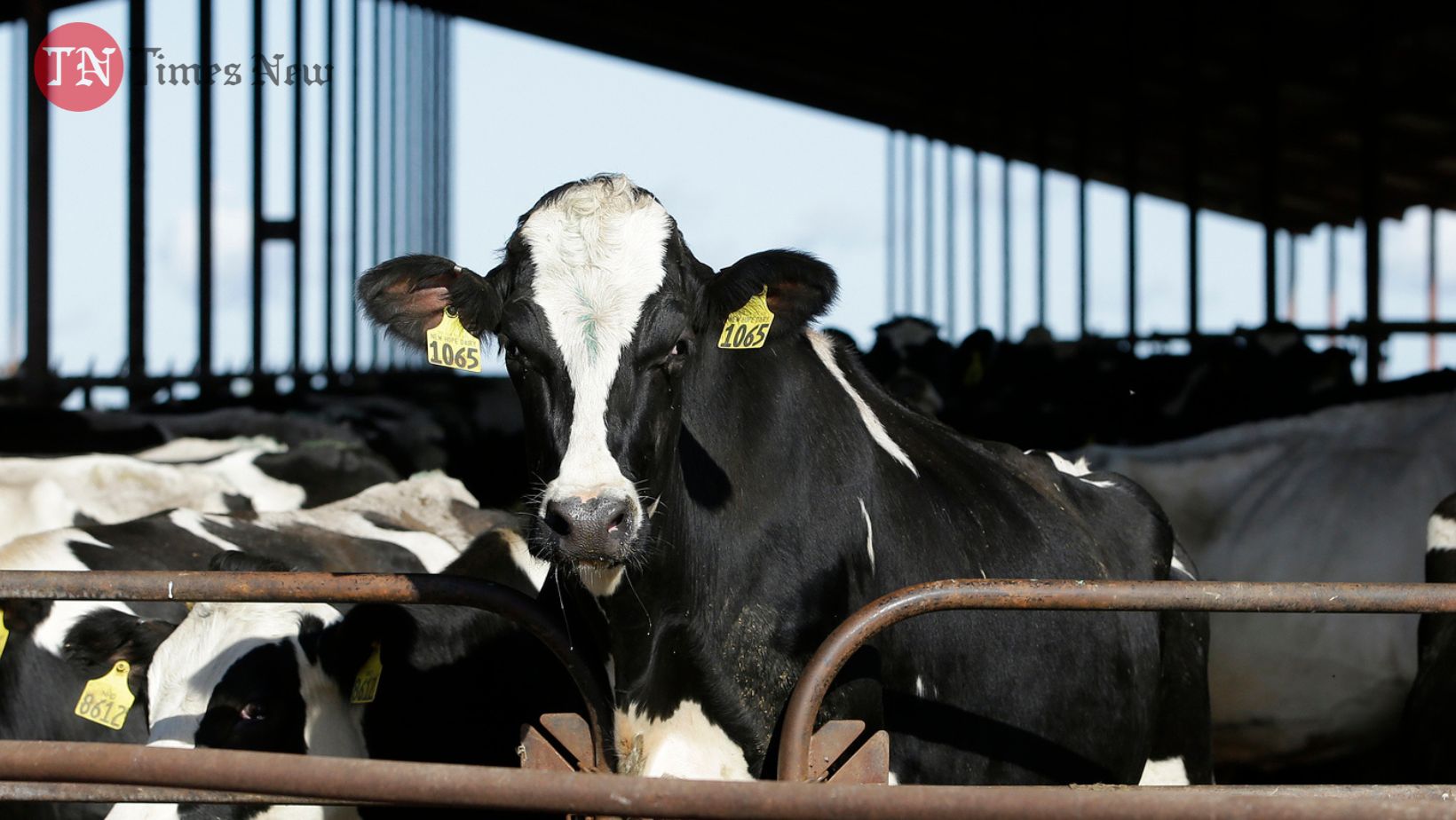
The U.S. Food and Drug Administration (FDA) has announced the detection of bird flu virus fragments in some samples of pasteurized milk. Despite the findings, the agency reassured the public that the milk remains safe for consumption. The discovery follows closely on the heels of an H5N1 bird flu outbreak detected in dairy cows across several states, now confirmed in herds in eight states. Officials emphasized that while the PCR testing method can detect genetic fragments of the virus, it does not indicate the presence of a live, infectious agent.
The FDA is conducting further tests to verify if the standard pasteurization process effectively inactivates the bird flu virus in milk, with results expected shortly. In the meantime, experts maintain that pasteurization, which kills pathogens, renders the virus harmless even though it does not eliminate the viral particles. The FDA plans to employ egg inoculation tests to further assess the infectivity of the samples. Michael Osterholm, a noted infectious disease expert, commented on the robustness of pasteurization, likening the presence of these non-infectious fragments to other commonly found but inactive pathogens in milk.
The situation has prompted the FDA to advise dairy producers on stringent measures for disposing of milk from infected cows to prevent further spread of the virus. Although only one mild human infection has been reported in Texas, the potential mutation of the virus raises concerns about its transmissibility among humans. The Centers for Disease Control and Prevention (CDC) continues to monitor the situation for any further unusual illnesses related to the outbreak.
Pic Courtesy: google/ images are subject to copyright









